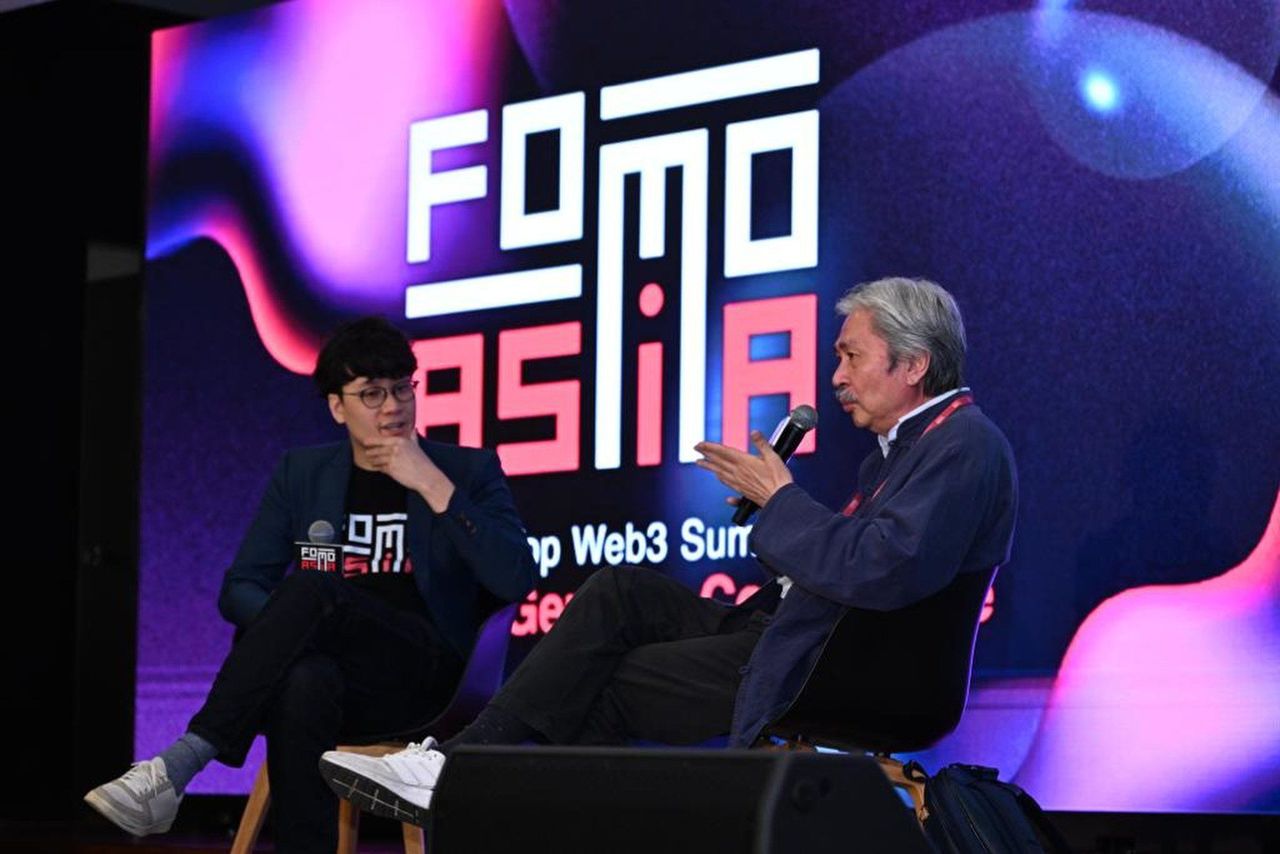Hong Kong News

Universities’ ChatGPT ban unnecessary, says Hong Kong’s former finance chief
Hong Kong’s former finance chief has said certain local universities’ ban on using ChatGPT was “unnecessary” and compared it with “disallowing the use of calculators when doing maths”.
John Tsang Chun-wah, a former financial secretary for the city, was the first prominent political figure to openly criticise the recent restrictions by elite institutions, including the University of Hong Kong (HKU).
“Why don’t you allow students to use ChatGPT to write their first draft, making tweaks and doing in-depth analysis to enrich the content based on it?” Tsang questioned.
“Not allowing students to use ChatGPT is like telling them not to use calculators but pen and paper to do maths.”
 Former finance minister John Tsang last week attended the FOMO Asia Genesis conference, a prominent Web3 summit in the region.
Former finance minister John Tsang last week attended the FOMO Asia Genesis conference, a prominent Web3 summit in the region.
“Teachers can determine whether students’ homework is transferred from AI or contains in-depth analysis and innovative ideas.”
In a Facebook post on Sunday, Tsang said it was “unnecessary” for universities to ban students from using ChatGPT.
He also urged educators to include AI tools in the curriculum and help students develop skills that cannot be replaced by machines, such as “empathy, communication and cooperation”.
Tsang added his comments were inspired by a panel discussion at a Web3 summit, FOMO Asia Genesis Conference, held in Hong Kong last week.
FOMO is an often-used term on social media and stands for Fear of Missing Out.
Since Microsoft-backed OpenAI launched the software last November, ChatGPT has become a global phenomenon known for its ability to provide prompt and thorough responses to users’ queries, even if they are not always accurate.
HKU and Baptist University last month restricted students from using AI tools for coursework and would consider such usage as plagiarism, while Chinese University authorised the limited use of the software but warned misused could lead to expulsion.
In contrast, the Hong Kong University of Science and Technology has embraced ChatGPT, allowing staff to create guidelines for its use.
Education University has instructed teachers to allow students to use chatbots in their coursework but requires them to declare the decision and include a reflection on their experience.
After leaving the government in 2017, Tsang founded a non-profit organisation to promote the use of technology in schools. He also took advisory roles at a digital wealth platform, a venture capital firm and a virtual insurer.
In Sunday’s Facebook post, he also accused education of being the biggest obstacle to development in Hong Kong, citing the Diploma of Secondary Education (DSE) as a major contributing factor to the issue.
“As long as the DSE exists, students will only continue to study according to a curriculum for exams. They can only go to university if they get good grades,” Tsang said.
“It’s hard to push their creativity and innovation under this framework.”
“As I always say, the current education situation in Hong Kong is teachers of the 20th century using a curriculum from the 19th century to train students in the 21st century. If this continues, Hong Kong will be seriously out of touch with the world trend,” he added.
Tsang also suggested allowing eligible secondary school students to bypass the DSE and enrol at the city’s universities, but stopped short of outlining what alternative admission criteria would be used.
Those who failed to get the necessary grades within the first year and a half would be required to drop out, he added.











